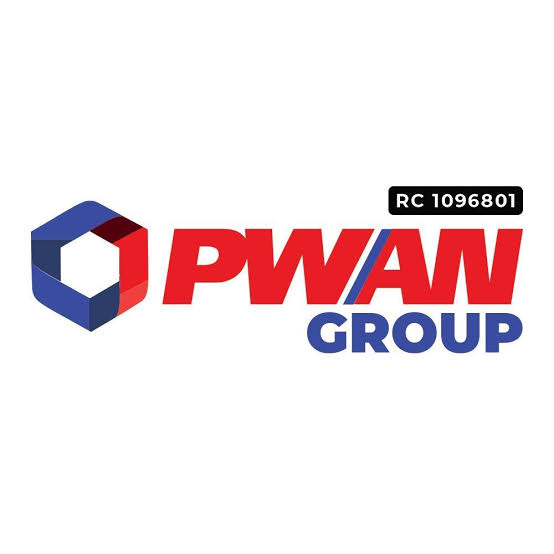Paragraph 1: The Dispute and PWAN’s Denial
The Securities and Exchange Commission (SEC) of Nigeria issued a public warning against investing in Property World Africa Network (PWAN) and its affiliate, PWAN Max, alleging their real estate buy-back transactions exhibit characteristics of a Ponzi scheme. PWAN Group vehemently denies these allegations, asserting that their buy-back initiative is a transparent, asset-backed commercial arrangement, not an investment scheme under the SEC’s jurisdiction. They describe the SEC’s characterization as "inaccurate and misleading," aiming to clarify their position to stakeholders and the public.
Paragraph 2: The SEC’s Warning and PWAN’s Counterargument
The SEC’s warning, posted on their website, cautioned the public against investing in PWAN and PWAN Max, stating they are not registered to operate within the Nigerian capital market or solicit investments. The Commission pointed to the structure of the buy-back transactions as resembling a Ponzi scheme. However, PWAN argues that their buy-back model is based on direct agreements with individual clients linked to specific real estate assets. They emphasize that these transactions are not speculative and do not involve the pooling of funds, unrealistic returns, or continuous inflows—key features often associated with Ponzi schemes.
Paragraph 3: PWAN’s Business Model and Legal Standing
PWAN maintains that its buy-back initiative does not constitute a capital market product and, based on legal advice, falls outside the SEC’s current regulatory framework. They highlight their 12-year history of integrity and transparency, positioning the buy-back scheme as aligning with their "shared prosperity" philosophy. They further underscore that the scheme is backed by verifiable, registered properties across over 1,000 estate projects in Nigeria, demonstrating tangible asset backing. This, they argue, differentiates their model from the speculative nature of Ponzi schemes.
Paragraph 4: PWAN’s Scale and Commitment to Compliance
PWAN emphasizes its significant presence in the Nigerian real estate market, employing over 10,000 staff and engaging more than one million independent sales executives nationwide. This scale of operation, they suggest, reinforces their commitment to legitimate business practices. While disputing the SEC’s classification of their activities, PWAN expresses its willingness to comply with any future regulatory framework established by the SEC that specifically addresses their type of transaction. This proactive stance underscores their commitment to operating within legal boundaries.
Paragraph 5: PWAN’s Pledge of Cooperation and Call for Public Trust
PWAN reiterates its commitment to ethical business practices and its willingness to cooperate with regulatory authorities. They state that if the SEC provides a clear classification or registration framework for their type of transaction, they will readily adapt their operations accordingly. This proactive approach demonstrates their willingness to engage with and adhere to regulatory guidelines. They urge the public to disregard the SEC’s "misrepresentations" and maintain confidence in PWAN’s commitment to investor protection and sustainable wealth creation through real estate.
Paragraph 6: Summary of the Conflict and PWAN’s Defense
The core of the dispute lies in the SEC’s classification of PWAN’s real estate buy-back transactions as potentially constituting a Ponzi scheme, while PWAN maintains they are legitimate, asset-backed agreements outside the SEC’s current purview. PWAN emphasizes its long-standing reputation, the tangible assets underpinning its buy-back scheme, and its willingness to comply with future regulatory frameworks. The company urges the public to trust in its commitment to ethical business practices and sustainable wealth creation, effectively countering the SEC’s warning and seeking to maintain investor confidence.














